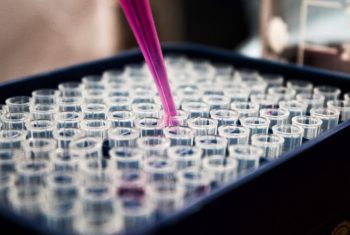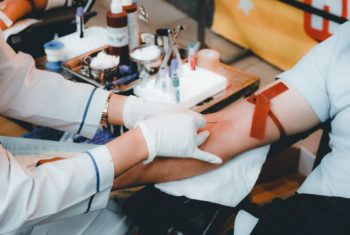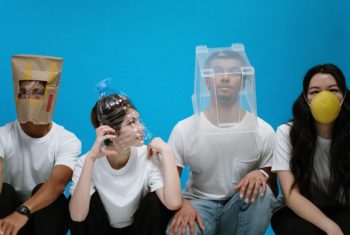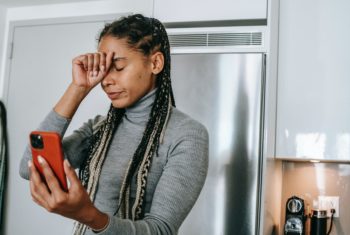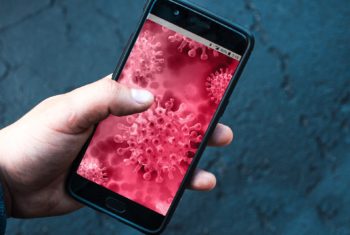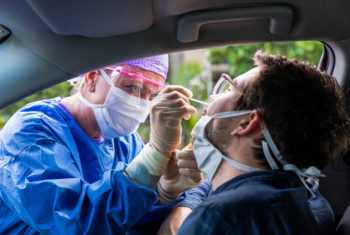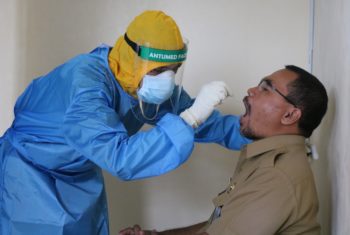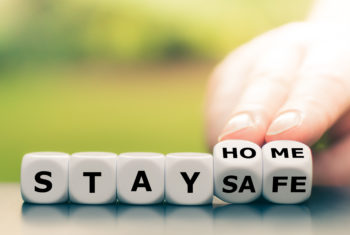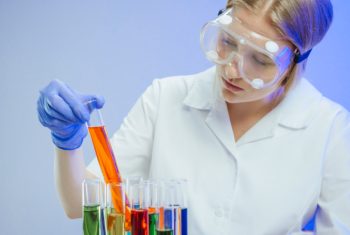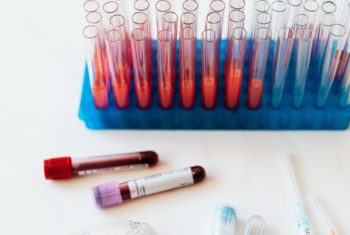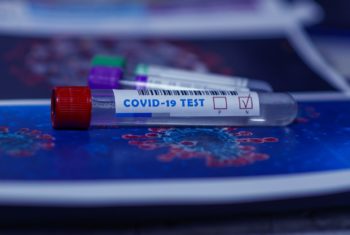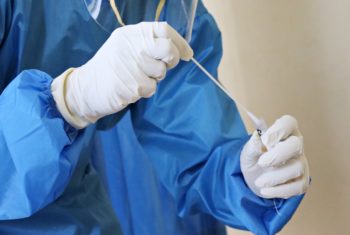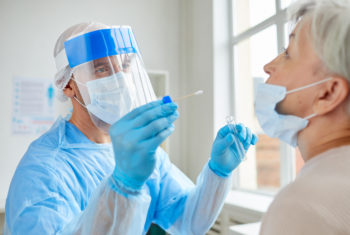Are there any blood tests for COVID-19?
The blood test for COVID-19, also known as a serology test, looks for the presence of antibodies in the blood but cannot diagnose an active infection. As COVID-19 is an upper respiratory infection, the only way that an active infection can be diagnosed is by detecting viral RNA collected through a nasal swab. COVID-19 antibodies are produced by a person’s immune system to fight the SARS-CoV-2 virus, but linger in the body after the infection has passed.

